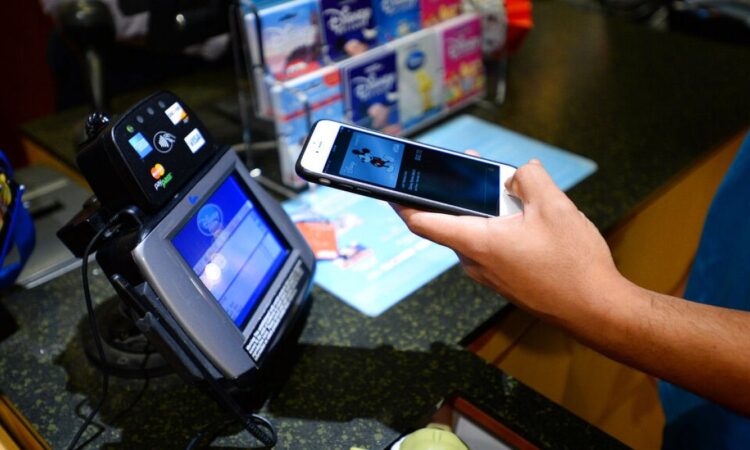
A legal deal struck late Tuesday could put an end to long waits to transfer money across borders
A legal deal struck late Tuesday (7 November) could spell an end to days-long delays in receiving cash for Europeans, who instead could soon transfer funds between bank accounts within seconds.
The deal between MEPs, European Commission and the EU Council clears the way for a regulation on instant payments to pass through the EU legislature and take effect within a few years, according to statements by the institutions in the wake of a scheduled negotiation.
Instant payments, as they’re known, allow money to move in the blink of an eye — and a new EU law making them the default option across the bloc has been hailed as good news by consumer advocates.
Though the technology for instant payments has existed for some time, it hasn’t seen huge uptake, and the short window for transactions can mean banks don’t have much time to carry out the checks designed to prevent fraud or money laundering.
In 2022, EU Commissioner Mairead McGuinness, responsible for financial services, proposed new laws to make the service mandatory. The commission argued its move would free up billions of euros that, at any given moment, aren’t available for people or businesses to spend because they’re in transit through payment systems.
Under the new plans, banks will have to provide the service to their clients at no extra cost, under strict deadlines, said Dutch lawmaker Michiel Hoogeveen, who shepherded the proposals through the European Parliament.
According to a separate statement from the Council of the EU, there’ll be a longer transition period for countries like Sweden and Poland that aren’t in the eurozone.
Under the deal, banks will also have to double check the beneficiary’s name matches the account number, in a bid to stop scams like authorised push payment fraud — where people are manipulated into sending large sums to bogus accounts while believing they’re paying a legitimate invoice.
Though its main contours have now been agreed by representatives of the EU’s Council and Parliament, the law still has to be formally signed off by both those EU institutions — and previous legal drafts suggest it will take effect between six and 36 months after being finalised.
For Agustin Reyna, Director of Legal & Economic Affairs at EU consumer advocacy group BEUC, the legal breakthrough is “good news” for Europeans.
“Consumers will be able send and receive instant credit transfers at the same price as normal credit transfers,” Reyna said in a statement. “In most cases, this will be for free.”
Yet banks — who today sometimes provide instant payments as a premium product —have been reluctant to lose their commercial room for manoeuvre. The decision as to whether to offer to offer instant payments and how much to charge should be left to the market, the European Banking Federation said in a January paper about the draft law.
“This is fantastic news for everyone who wants their payments processed in seconds, not days,” the McGuinness said in a post on social media site X, saying the new rules will make instant transfers “universal, affordable and secure.”





